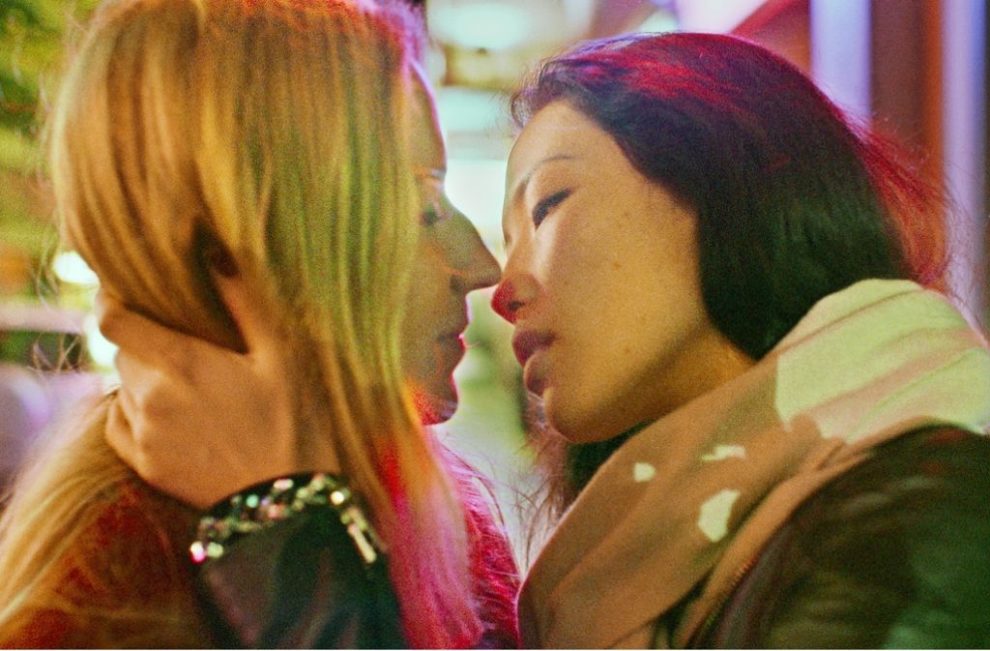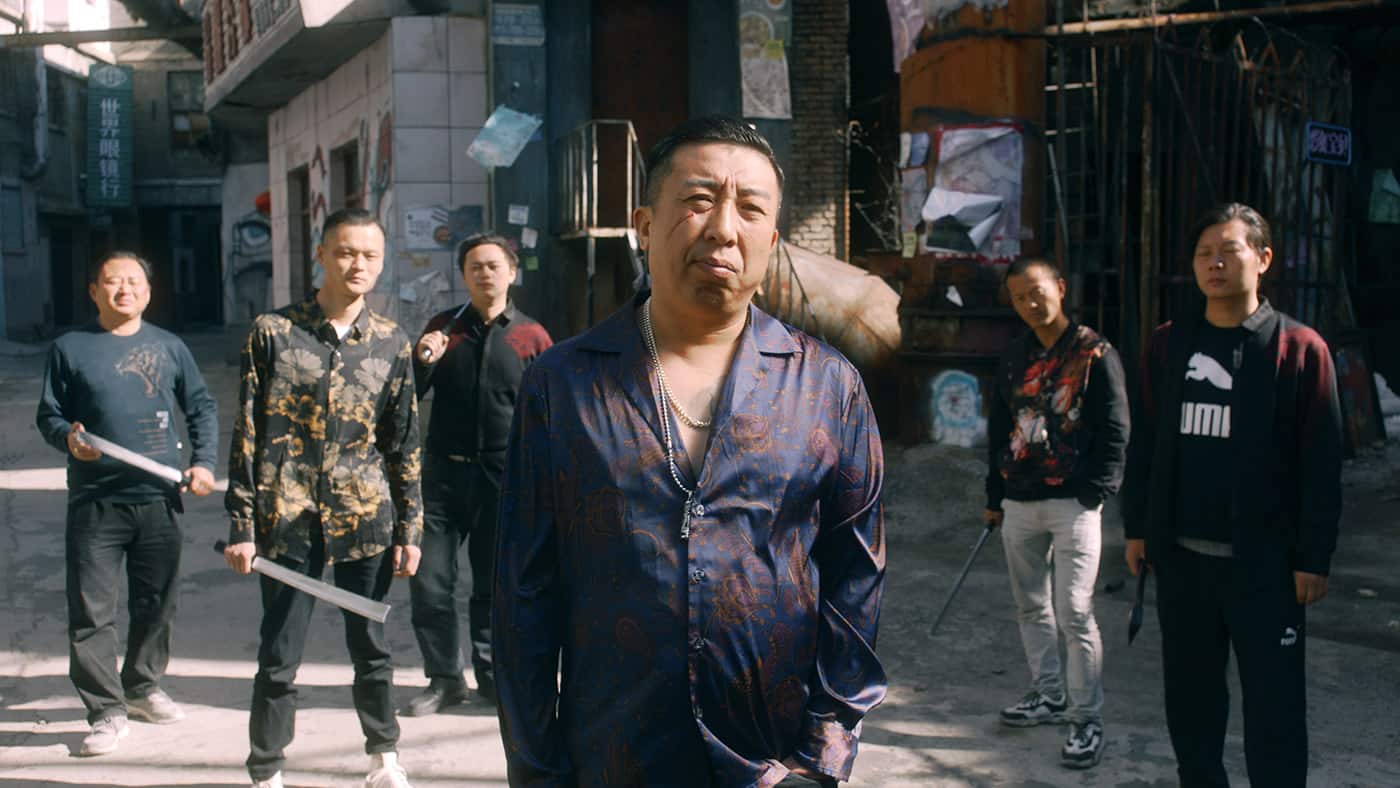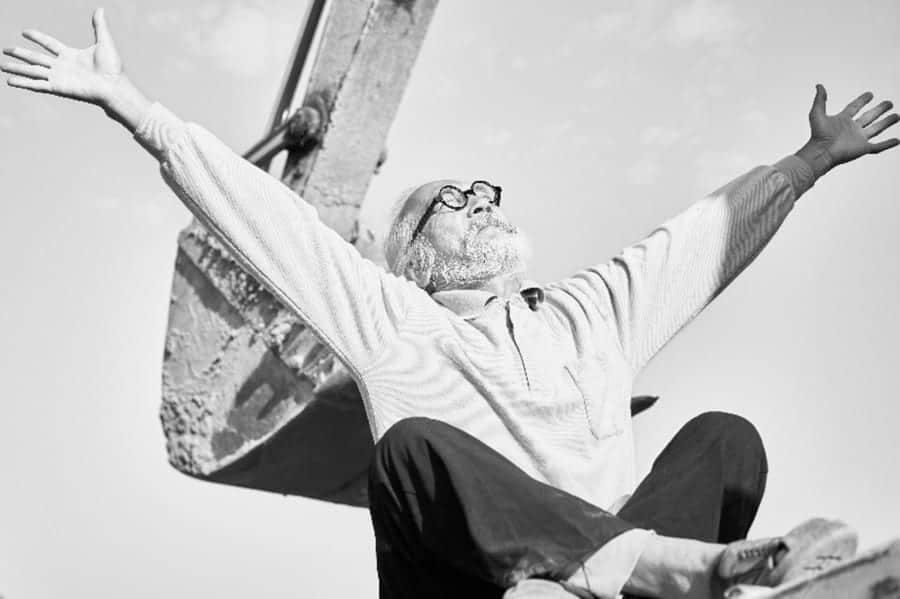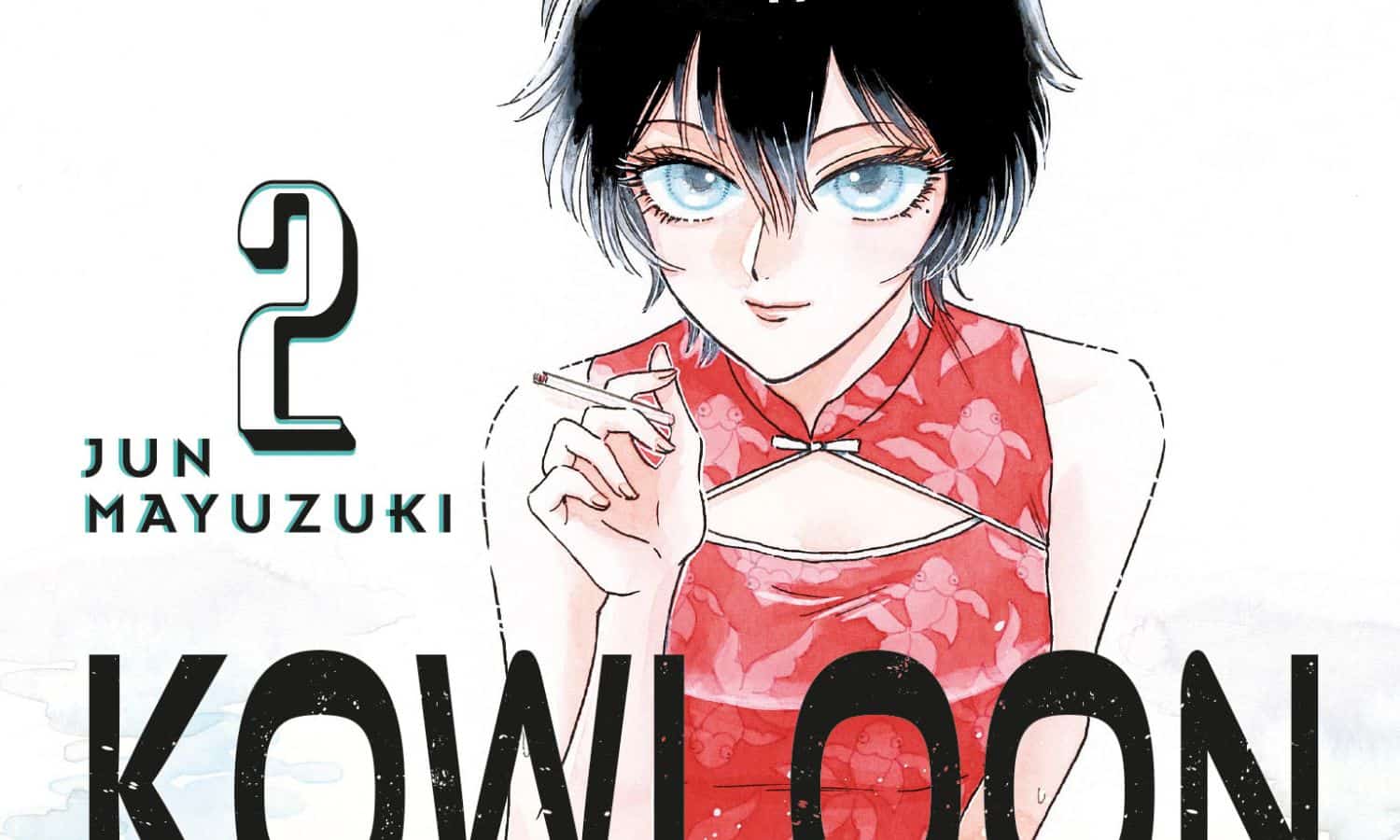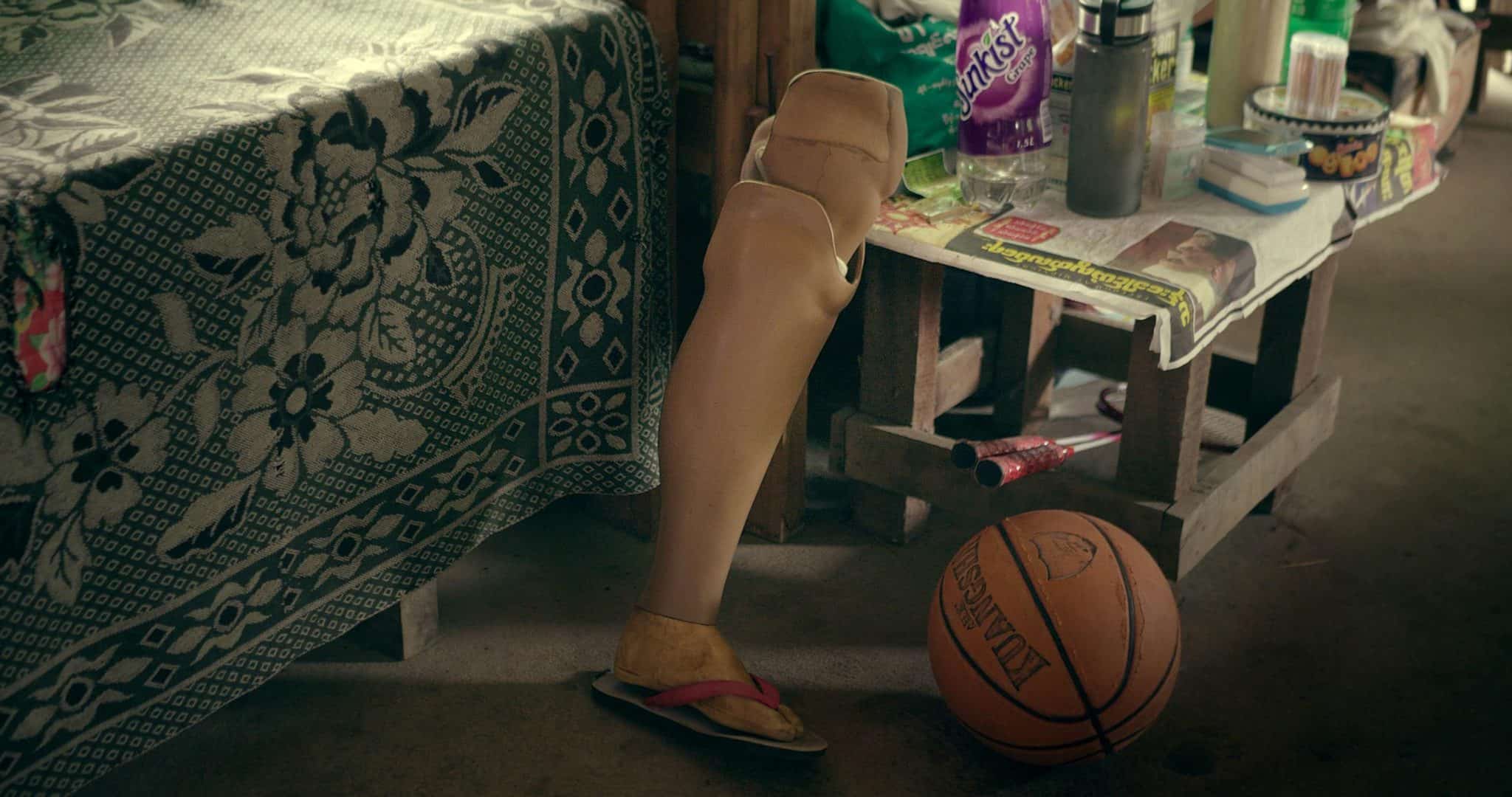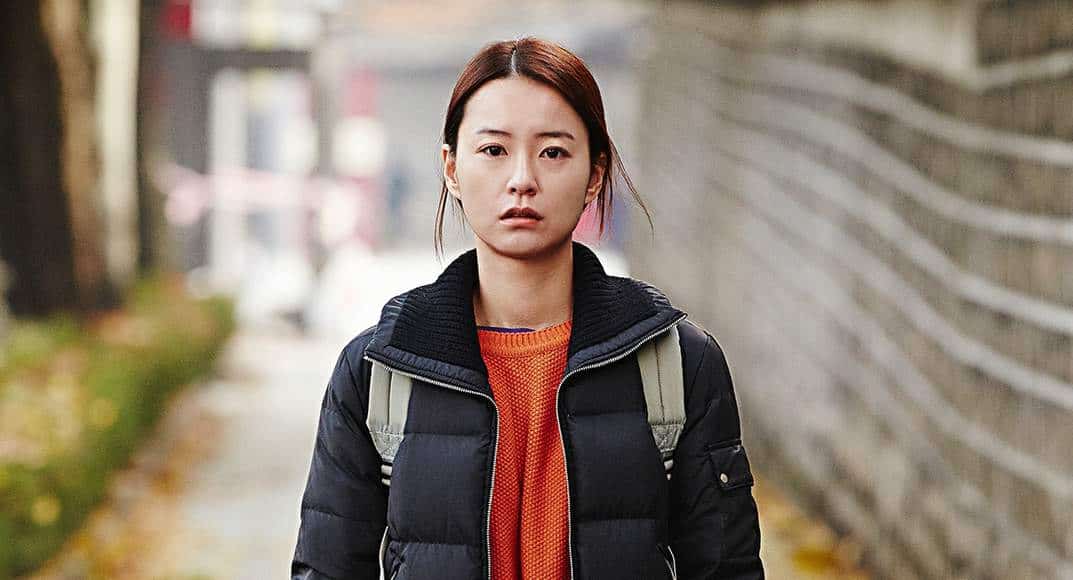While the German film industry is certainly proud of its past with big names such as Fritz Lang and Rainer Werner Fassbinder being named as two examples of filmmakers who have earned international success, it also has a troubled present when it comes to funding those projects which actually challenge the way people look at certain issues, both content-wise and aesthetically. When Mongolian-German filmmaker Uisenma Borchu decided to make her first feature and applied for financial support, German cultural institutions would reject her project titled “Don't Look At Me That Way”, resulting in her making the film with a minimal budget, provided by the University of Television and Film Munich, where she had studied documentary filmmaking. In the end, “Don't Look At Me That Way” was only awarded with awards such as The Fipresci Film Critics Prize in 2015, but is also a thought-provoking and intelligent feature challenging traditional gender roles but also the meaning of culture and how it shapes an individual.
“Don't Look At Me That Way” is streaming on MUBI Germany
For several years now, Iva (Catrina Stemmer) has been trying to balance her studies at the university as well as her job with her responsibility as single mother for five-year-old Sofia (Anne-Marie Weisz). Lately, the stress of all these roles she has to fulfill has taken a toll on her, making her feel as if she does a terrible job as a mother and neglecting her duties. One day, she meets her neighbor, a young woman named Hedi (Uisenma Borchu) through her daughter, who had run away to the strange and fascinating woman, as Sofia describes her. Curious about her daughter's affection for her neighbor, she visits Hedi in her apartment, learns about her life and eventually confides in her about the difficulty of attempting to be perfect in everything she does.
Over the course of several days, the friendship between the two women turns into something quite more, when Iva starts having feelings for her, sleeps with her and confesses more truths about her life to Hedi, especially about the relationship with her father (Josef Bierbichler), who is about to pay her a visit. However, Hedi has a different attitude about relationships, becomes fed up with Iva's episodes of self-pity, and as the occasion presents itself, confronts Iva's father.
In terms of aesthetics and themes, “Don't Look At Me That Way” uses many of the concepts you might expect from German independent or small-budget filmmaking. At the same time, Uisenma Borchu's feature also deviates from the formula, especially when it comes to her female characters, something she would continue to explore in her next feature “Black Milk”. While those she encounters might think they have her figured out, Hedi, played by Borchu herself, is a person one never truly comprehends as she evades any kind of framework. Devoid of any family roots in Germany, she is truly a free spirit, independent and self-confident, which becomes somewhat apparent when she takes over the dominant role in her relationship to Iva, but also the other men we see her with.
Within the story, Hedi is something like the outside force, highlighting the faults and gaps in the other characters' definitions of life. In many ways, she can be compared to Terence Stamp's visitor in Pasolini's “Teorema” or the visitor in Takashi Miike's “Visitor Q” because she maintains her independence from the other characters, while also breaking with their routine, their ways of dealing with their problems and actually facing them head on. Her utter disregard for what kind of damage she leaves behind makes her quite an interesting character, but also highly dangerous and mysterious since the narrative never truly clarifies her motives.
Ultimately, “Don't Look At Me That Way” is quite an interesting and provocative feature debut by Uisenma Borchu, who proves she can not only handle the mechanisms of independent filmmaking and work with a budget, but also delivers an intriguing drama which will certainly leave an impression with its audience.


